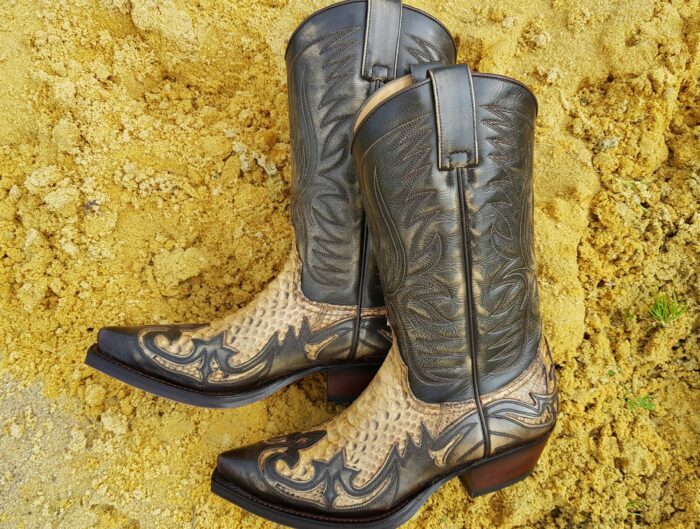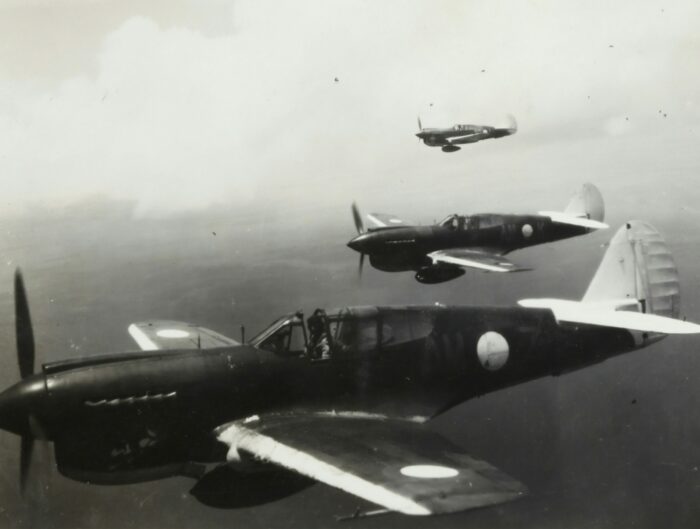People refer to storms in terms of time — of the century, millennium. Rain is measured against the almanacs, the rings in trees.
A house slides off a cliff into the sea. He sees it on the news — phone-camera footage shot by bystanders. The white siding pulls apart to expose the bones. It goes down like an electrocuted elephant. The network mutes the onlookers’ exclamations, but before and after the censored segments, he hears the strong wind and the seething water.
He drives the Dodge to the corporation yard to fill his twelve sandbags. He swings the heavy plastic burlap sacks into the truck bed. City employees in jeans and sweatshirts, and orange vinyl ponchos, move somberly with shovels on the low, gray dunes. He wants the sand to smell like the beach, but all he can smell is the Dodge’s exhaust.
He can’t remember what the newscaster said when the house hit the sea. Something like, “We trust no one was home.”
❦
During an outage he sits in his house and calculates its value. He considers new weather stripping. He assembles an air purifier out of a box fan, duct tape, and a furnace intake filter — for when service is restored.
Crows gather on the power pole’s cross-timbers in the smoke. They seem to want to be together, but squabble over a bounty of overripe figs.
A package arrives from a friend he hasn’t seen in many years. The package contains a can of beer nestled in fragrant wood shavings. The accompanying letter explains: he has given up on music and become a luthier. Who knows, in another few years I could be a woodcutter.
The crows, too, have moved on. He wonders what it would take to gain their trust. ◆


